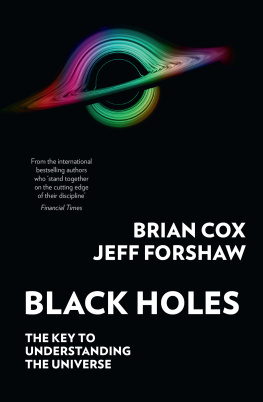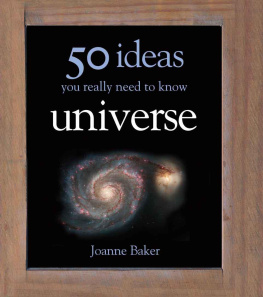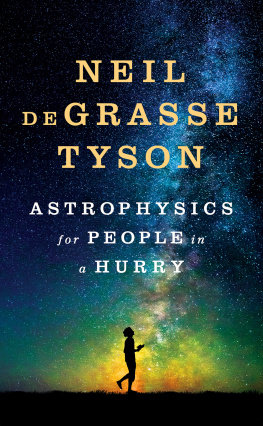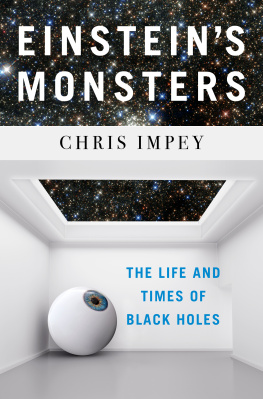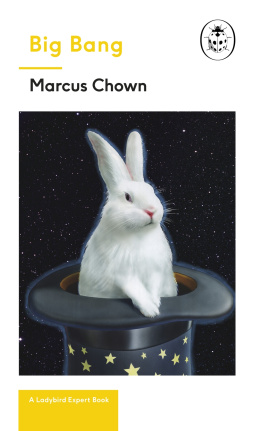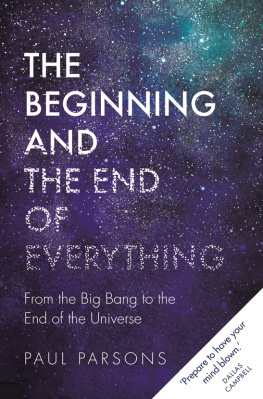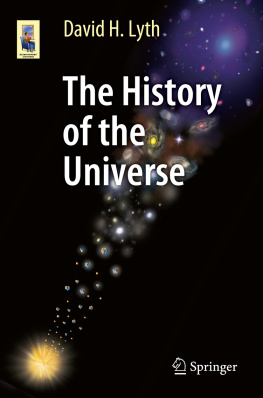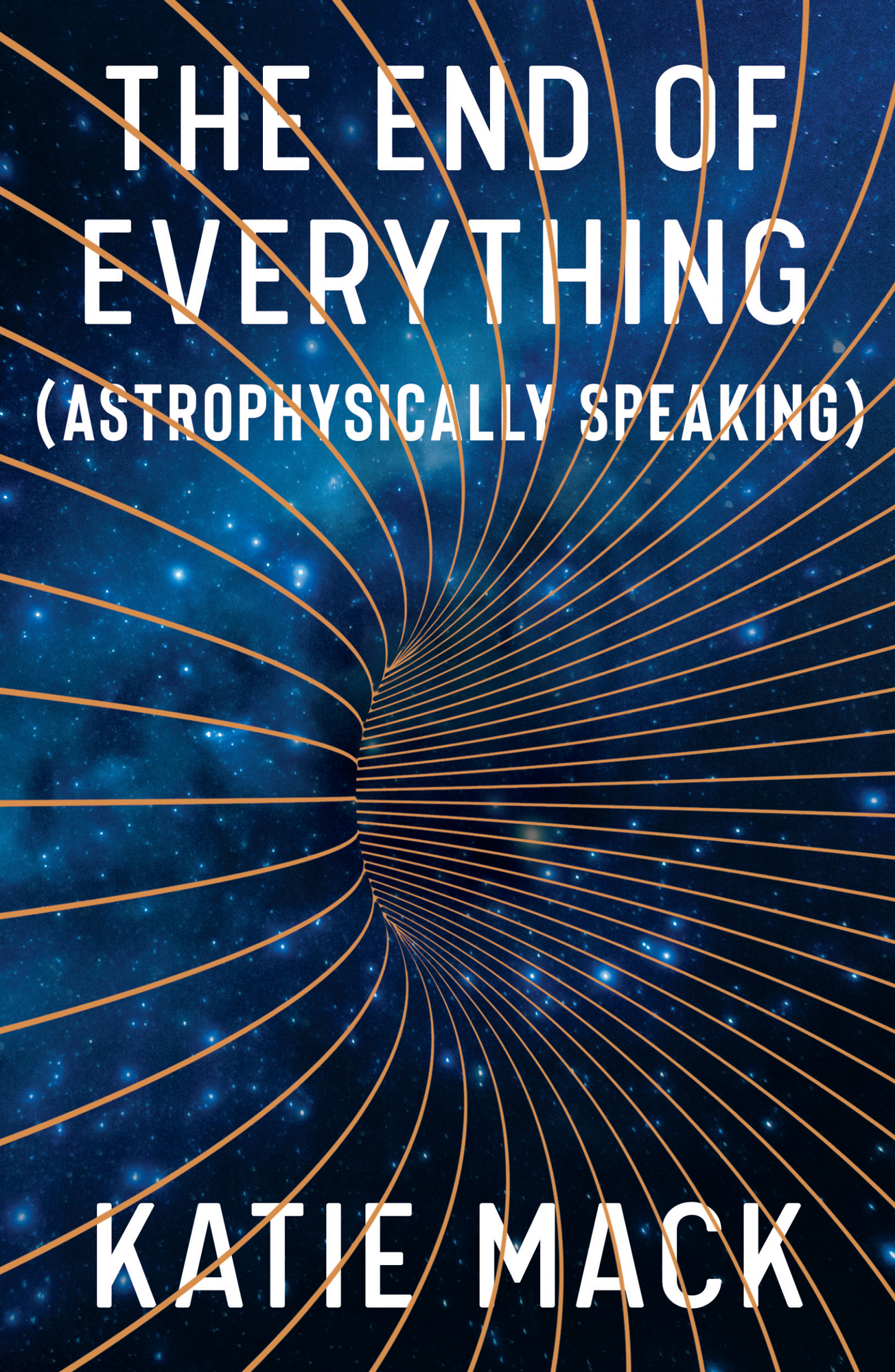Contents
Guide
Thank you for downloading this Simon & Schuster ebook.
Get a FREE ebook when you join our mailing list. Plus, get updates on new releases, deals, recommended reads, and more from Simon & Schuster. Click below to sign up and see terms and conditions.
CLICK HERE TO SIGN UP
Already a subscriber? Provide your email again so we can register this ebook and send you more of what you like to read. You will continue to receive exclusive offers in your inbox.
We hope you enjoyed reading this Simon & Schuster ebook.
Get a FREE ebook when you join our mailing list. Plus, get updates on new releases, deals, recommended reads, and more from Simon & Schuster. Click below to sign up and see terms and conditions.
CLICK HERE TO SIGN UP
Already a subscriber? Provide your email again so we can register this ebook and send you more of what you like to read. You will continue to receive exclusive offers in your inbox.

Scribner
An Imprint of Simon & Schuster, Inc.
1230 Avenue of the Americas
New York, NY 10020
www.SimonandSchuster.com
Copyright 2020 by Dr. Katie Mack
All rights reserved, including the right to reproduce this book or portions thereof in any form whatsoever. For information, address Scribner Subsidiary Rights Department, 1230 Avenue of the Americas, New York, NY 10020.
First Scribner hardcover edition August 2020
SCRIBNER and design are registered trademarks of The Gale Group, Inc., used under license by Simon & Schuster, Inc., the publisher of this work.
For information about special discounts for bulk purchases, please contact Simon & Schuster Special Sales at 1-866-506-1949 or .
The Simon & Schuster Speakers Bureau can bring authors to your live event. For more information or to book an event, contact the Simon & Schuster Speakers Bureau at 1-866-248-3049 or visit our website at www.simonspeakers.com.
Diagrams by Nick James
Library of Congress Cataloging-in-Publication Data is available.
ISBN 978-1-9821-0354-5
ISBN 978-1-9821-0356-9 (ebook)
For my mother, whos been there from the beginning
The author is grateful to the Alfred P. Sloan Foundation Public Understanding of Science program for their generous support for the research and writing of this book.
CHAPTER 1: Introduction to the Cosmos
Some say the world will end in fire,
Some say in ice.
From what Ive tasted of desire
I hold with those who favor fire.
But if it had to perish twice,
I think I know enough of hate
To say that for destruction ice
Is also great
And would suffice.
Robert Frost, 1920
The question of how the world will end has been the subject of speculation and debate among poets and philosophers throughout history. Of course, now, thanks to science, we know the answer: its fire. Definitely, fire. In about five billion years, the Sun will swell to its red giant phase, engulf the orbit of Mercury and perhaps Venus, and leave the Earth a charred, lifeless, magma-covered rock. Even this sterile smoldering remnant is likely fated to eventually spiral into the Suns outer layers and disperse its atoms in the churning atmosphere of the dying star.
So: fire. Thats settled. Frost was right the first time.
But he wasnt thinking big enough. Im a cosmologist. I study the universe, as a whole, on the largest scales. From that perspective, the world is a small sentimental speck of dust lost in a vast and varied universe. What matters to me, professionally and personally, is a bigger question: how will the universe end?
We know it had a beginning. About 13.8 billion years ago, the universe went from a state of unimaginable density, to an all-encompassing cosmic fireball, to a cooling, humming fluid of matter and energy, which laid down the seeds for the stars and galaxies we see around us today. Planets formed, galaxies collided, light filled the cosmos. A rocky planet orbiting an ordinary star near the edge of a spiral galaxy developed life, computers, political science, and spindly bipedal mammals who read physics books for fun.
But whats next? What happens at the end of the story? The death of a planet, or even a star, might in principle be survivable. In billions of years, humanity could still conceivably exist, in some perhaps unrecognizable form, venturing out to distant reaches of space, finding new homes and building new civilizations. The death of the universe, though, is final. What does it mean for us, for everything, if it will all eventually come to an end?
WELCOME TO THE END TIMES
Despite the existence of some classic (and highly entertaining) papers in the scientific literature, I first encountered the term eschatology, the study of the end of everything, by reading about religion.
Eschatologyor more specifically, the end of the worldprovides a way for many of the worlds religions to contextualize the lessons of theology and to drive home their meaning with overwhelming force. For all the theological differences between Christianity, Judaism, and Islam, they have in common a vision of the End Times that brings about a final restructuring of the world in which good triumphs over evil and those favored by God are rewarded. Perhaps the promise of a final judgment serves to somehow make up for the unfortunate fact that our imperfect, unfair, arbitrary physical world cannot be relied upon to make existence good and worthwhile for those who live right. In the same way a novel can be redeemed or retroactively ruined by its concluding chapter, many religious philosophies seem to need the world to end, and to end justly, for it to have had meaning in the first place.
Of course, not all eschatologies are redemptive, and not all religions predict an end time at all. Despite the hype around late December 2012, the Mayan view of the universe was a cyclic one, as it is in Hindu tradition, with no particular end designated. The cycles in these traditions arent mere repetitions, but are imbued with the possibility that things will be better the next time around: all your suffering in this world is bad, but dont worry, a new world is coming, and it will be unscarred, or perhaps improved, by the iniquities of the present. Secular stories of the end, on the other hand, run the gamut from a nihilist view that nothing matters at all (and that nothingness ultimately prevails) to the heady notion of eternal recurrence, where everything that has happened will happen again, in exactly the same way, forever. In fact, both these seemingly opposing theories are commonly associated with Friedrich Nietzsche, who, after proclaiming the death of any god that might bring order and meaning to the universe, grappled with the implications of living in a cosmos lacking a final redemption arc.
Nietzsche isnt the only one to have contemplated the meaning of existence, of course. Everyone from Aristotle to Lao-Tzu to de Beauvoir to Captain Kirk to Buffy the Vampire Slayer has at one point asked, What does it all mean? As of this writing, we have yet to reach a consensus.
Whether or not we subscribe to any particular religion or philosophy, it would be hard to deny that knowing our cosmic destiny must have some impact on how we think about our existence, or even how we live our lives. If we want to know whether what we do here ultimately matters, the first thing we ask is: how will it come out in the end? If we find the answer to that question, it leads immediately to the next: what does this mean for us now? Do we still have to take the trash out next Tuesday if the universe is going to die someday?


